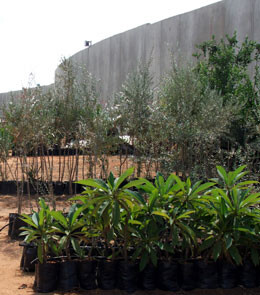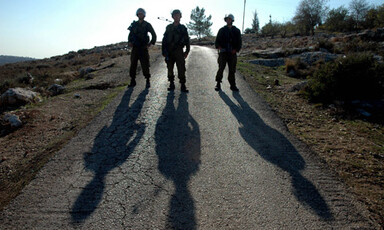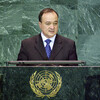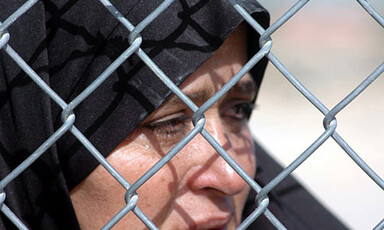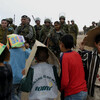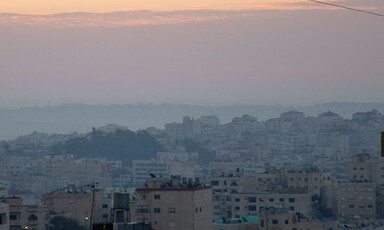
Audio: EI's Abunimah discusses Amman bombings
10 November 2005
Fifty-seven people were killed when bombs exploded at three hotels in Amman, Jordan on 9 November. EI’s Ali Abunimah discussed the attacks on Chicago Public Radio’s Worldview program with Jerome McDonnell. The interview examined possible motives and perpetrators, and their potential impact on Jordan and the region. Abunimah said that no matter who carried out the attacks, whether it was Al-Qa’ida or someone else, many Jordanians are likely to lay at least some of the blame at the doors of US-led invasion of Iraq. Read more about Audio: EI's Abunimah discusses Amman bombings
